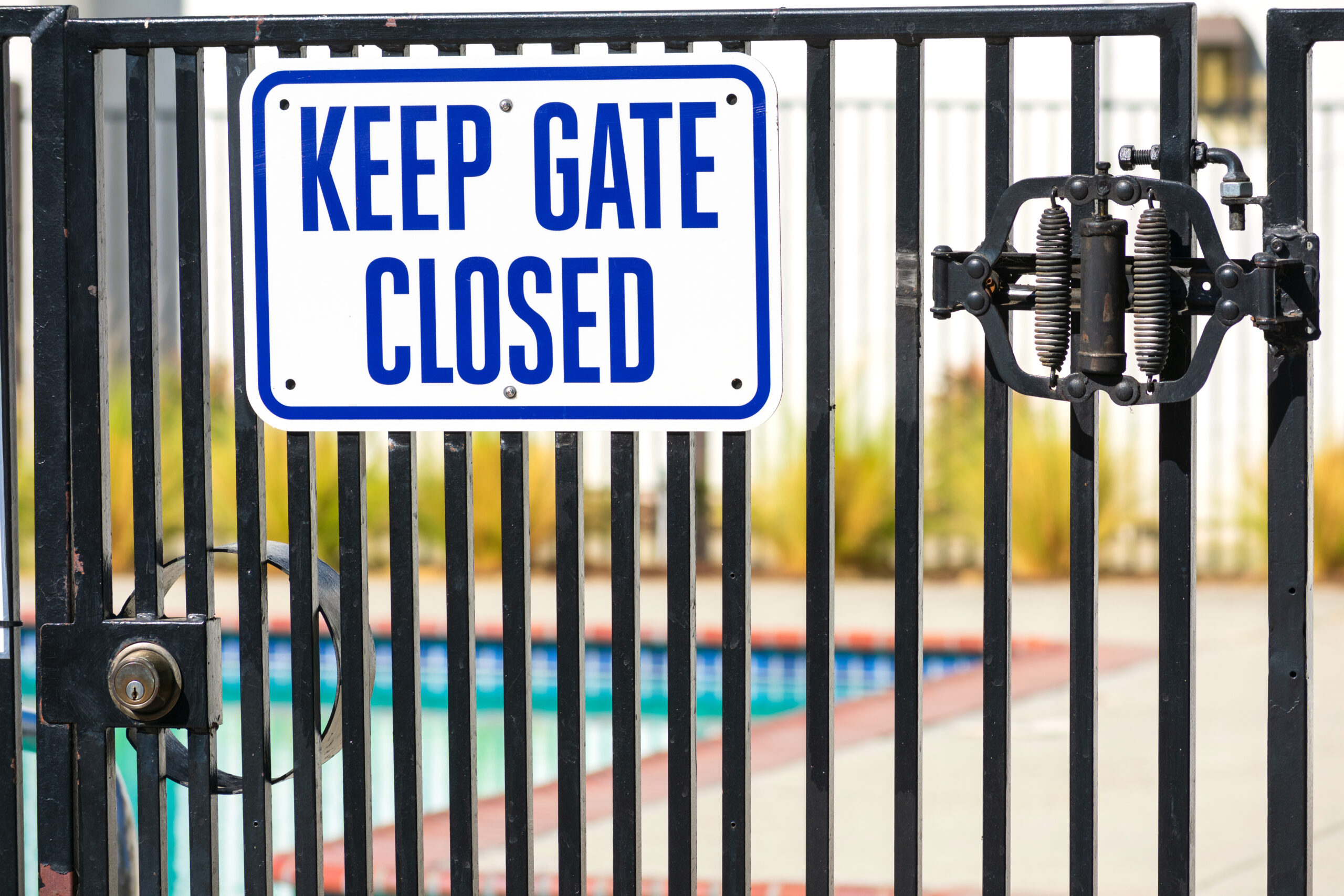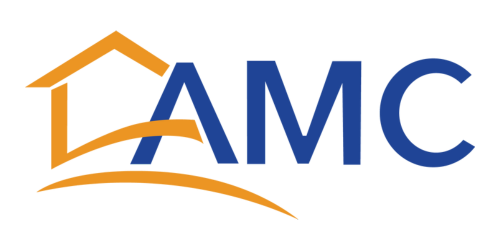On average, homeowners spend $200-$300 per month on Homeowner Association fees. That averages out to about $3,000 per year. Now, multiply that by all the homes within a community, and it really adds up! With so much money being invested into an HOA, homeowners start to question where their money is going? Who’s managing it? How is it being managed? etc.
The main responsibility of an HOA is to enhance the community and increase property and community value. Typically HOA fees are invested in maintaining the community, like the common areas, the clubhouse, pool, gym, and any neighborhood parks. With that said, homeowners still maintain the right to monitor the financial health of their HOA, and we encourage you to do so.
If you’re a homeowner living in an HOA or an HOA in the making, keep reading. We’ll be diving into HOA fees, homeowner’s rights, and an HOA’s duty.
A Homeowner's Right
With so much money being invested into an HOA, how do you, the homeowner, know if it’s being properly utilized?
Firstly, homeowners have the right and responsibility to monitor the financial health of their HOA.
Secondly, HOAs are non-profit corporations. They’re governed by state statutes, and HOA board members are unpaid elected members. The majority of states have legislation regarding homeowner associations. We recommend looking at your HOA’s bylaws and your state guidelines on reviewing financial records.
As a homeowner, it’s important to familiarize yourself with your homeowner association’s bylaws and guidelines. But, on the other hand, it’s still the board’s responsibility to guide you and answer any questions you may have.
What's Accessible?
While homeowners have the right to access financial records, they do not have access to ALL HOA records. Your board has a responsibility to protect the privacy of the residents, including you. Therefore, if you’re requesting certain documents that contain private or confidential information like payment information, delinquent statuses, bank statements, etc., the HOA board maintains the right to reject your request.
Because HOAs handle so many different documents, it can be confusing for homeowners to know which ones are available for them. At a minimum, homeowners should have access to the current budget, income and expense statements, a balance sheet, and a statement of the HOA’s account.
We encourage you to check your state and HOA bylaws to confirm what documents you have access to.
How to Access an HOA's Financial Records
The HOA board is responsible for maintaining and providing access to financial records. However, a board can also delegate responsibilities to an HOA management company to manage their records.
So, the first step in requesting financial records is to start with a phone call or email to the board or the management company. Use a friendly yet professional tone when asking. Ask about the process and if there are any fees associated with the request.
Since HOAs are state governed, the process for requesting HOA reports depends on the state’s statutes as well as the HOA’s governing documents. Traditionally it’s a written request to the board or person responsible; however, some associations may accept a phone call or email. Additionally, in some HOAs, this information may be easily accessible. For example, if you have an online portal, you may be able to find the documents there.
Now say you request financial documents via email, and your request is rejected. What do you do? The first thing you want to do is review your request to make sure it was direct and that you didn’t request any confidential documents. Then, reference back to your state laws and your HOA bylaws to confirm that you have access to the documents you’re requesting.
Next, make sure you follow the right steps properly. If you are unsure of the steps, refer back to your HOA governing documents.
Now, say you find that you legally can access these documents and you followed the process correctly – address this with your board. If they continue to refuse, you can file a lawsuit for violating their own bylaws or breaching state laws.
Through this entire process – make sure you document every email and phone call so that you have evidence.
If necessary, you can also hire an attorney.
Trust Your Gut
If something doesn’t feel right, like maybe your board isn’t providing regular reports, line items don’t make sense, or they’re unresponsive to your requests, there are a few things homeowners can do.
First, we encourage you to document all your requests and then become more involved in your HOA by attending meetings or offering to serve. As a homeowner who invests thousands of dollars a year in your HOA, you want to ensure that they are allocating their funds properly and with the community’s best interest at heart.
Homeowners have the right to monitor their HOA and ensure that funds are being used effectively. They can do this by consistently reviewing their HOA’s financial statements, looking at the budget, and inspecting major changes in spending.
If this is something you’re struggling with, we recommend exercising judgment and practicing patience. While faults or inconsistencies in financial reports could be a sign of fraud, it could also be the result of rising costs, mistakes, incorrect reports, etc. So before jumping to conclusions, ask questions, do research, and attend meetings.
If you do suspect something sketchy is happening or think there’s a better approach, find ways to get involved. However, sometimes this isn’t enough and if worse comes to worst, consult an attorney for advice.
Get Help from HOA Management Professionals
Reviewing your HOA’s financial reports is one way to ensure the fiscal health of your HOA, and homeowners have the right to do so. Remember, the request process will vary between different HOAs – some may need a phone call or email, while others may have a more thorough request process and fee.
Managing requests, whether it’s for financial reports or anything else, can often be tedious and time-consuming. In addition, an HOA board member is a volunteer position, so they have other responsibilities to focus on and want to invest their time on the board growing the community and maintaining or increasing the community’s value.
To save time, many HOA boards will choose to hire an HOA management company like AMC Inc. (Association Management Concepts). so that they have support when managing requests and if they have questions. If you’d like to learn more about the benefits of working with an HOA management company, Contact us at 916-565-8080, ext. 321.









